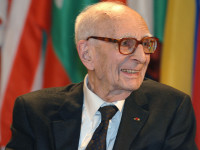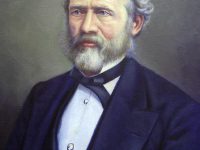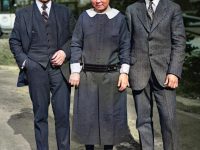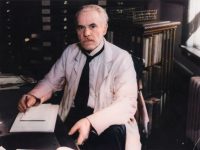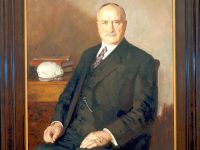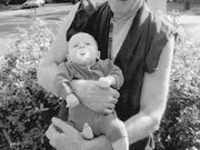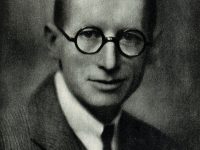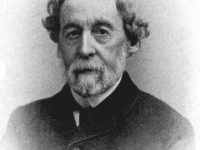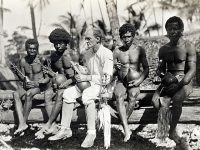Claude Lévi-Strauss and Structural Anthropology
On November 28, 1908, French anthropologist and ethnologist Claude Lévi-Strauss was born. Lévi-Strauss’ work was key in the development of the theory of structuralism and structural anthropology. He argued that the “savage” mind had the same structures as the “civilized” mind and that human characteristics are the same everywhere. “The entire village left the next day in about thirty canoes, leaving us alone with the women and children in the abandoned houses.…
Read more

